Recent News
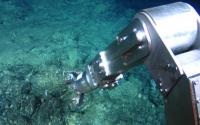
The world’s first deep-sea mining robot sits idle on a British factory floor, waiting to claw up high-grade copper and gold from the seabed off Papua New Guinea — once a wrangle over terms is solved.
[ More ]
As the U.S. and E.U. keep a very close eye on the situation with Russia and Ukraine, Russia is also increasing its presence and influence elsewhere: the Arctic – a melting region that is opening up prime shipping lanes and real estate with an estimated $1 trillion in hydrocarbons. With the opening of two major shipping routes, the North Sea route and the Northwest Passage, the potential for economic competition is fierce, especially among the eight members of the Arctic council: Canada, Denmark, Norway, Iceland, Finland, Sweden, Russia, and the United States.
[ More ]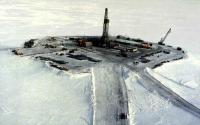
Exploiting oil and gas resources in the Arctic and the Gulf of Mexico, while also avoiding disastrous spills, will require international cooperation according to a senior official from the U.S. Department of Energy.
[ More ]
The Pentagon wants to set up a network of seafloor-bedded “nodes” that would include anything from supplies to weaponry to be called to the surface for military action when needed.
[ More ]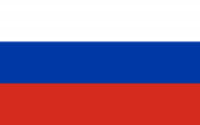
Russia will play a leading role in the development of the oil and gas deposits of the Arctic Region. President of the Russian Gas Society Pavel Zavalny says that the initial summary volume of all resources, which are being extracted in the Russian Arctic, has been increased and is estimated at 106 billion tons of oil equivalent now, including 69.5 trillion cubic meters of gas.
[ More ]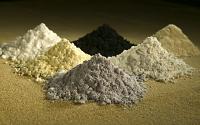
While economists and geologists worry the world's supply of rare earth metals will soon be outpaced by demand, a team of German geochemists has found a way to easily extract them from the vast deposits lying under the sea.
[ More ]
The world's first deep sea mining robot sits idle on a British factory floor, waiting to claw up high grade copper and gold from the seabed off Papua New Guinea (PNG) - when a wrangle over terms is solved.
[ More ]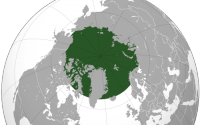
Russia is setting up its new borders in the East. President Vladimir Putin has ordered the government to come up with proposals on official documenting of the extended continental shelf in the Sea of Okhotsk by the summer of 2014.
[ More ]
Despite ongoing cooperation between Arctic nations – Canada, Denmark (Greenland), Finland, Iceland, Norway, Sweden, Russia, and the United States– mainstream rhetoric often implies Arctic stakeholders are teetering on the brink of conflict, which could have the perverse effect of bringing about this conflict.
[ More ]
Russia, Denmark and Canada all are trying to prove that their land masses extend to the North Pole, handing the international commission that gives its expert recommendations on such matters its most highly contested issue to date and highlighting the central role the UN Convention on the Law of the Sea will have in determining the future of the rapidly changing region.
[ More ]